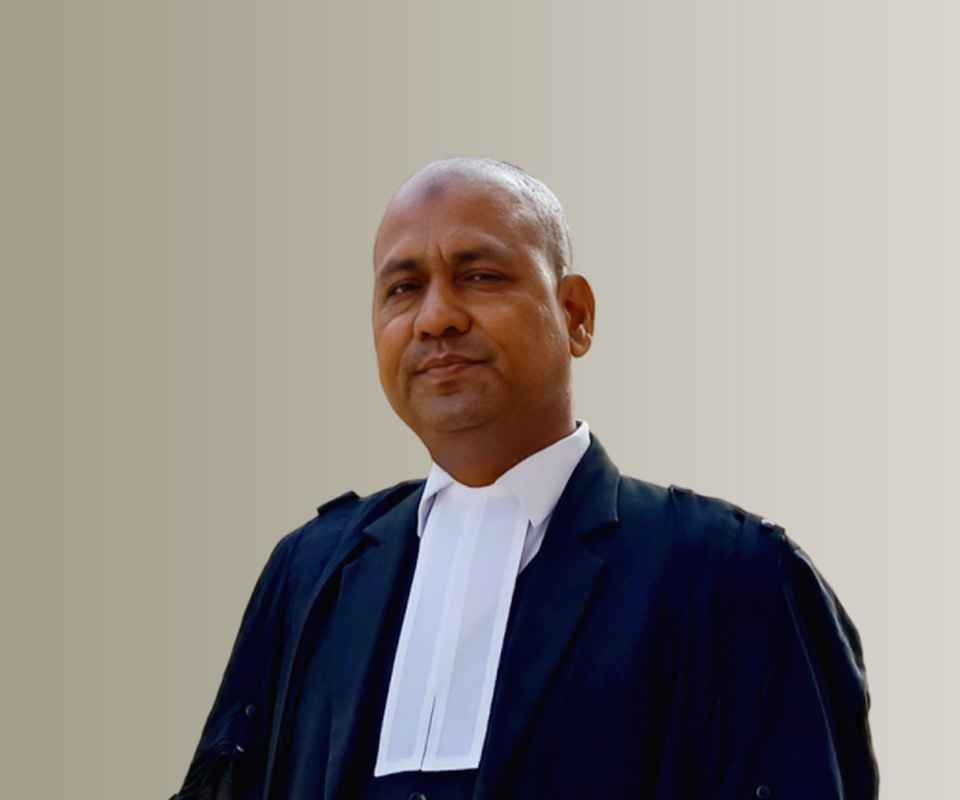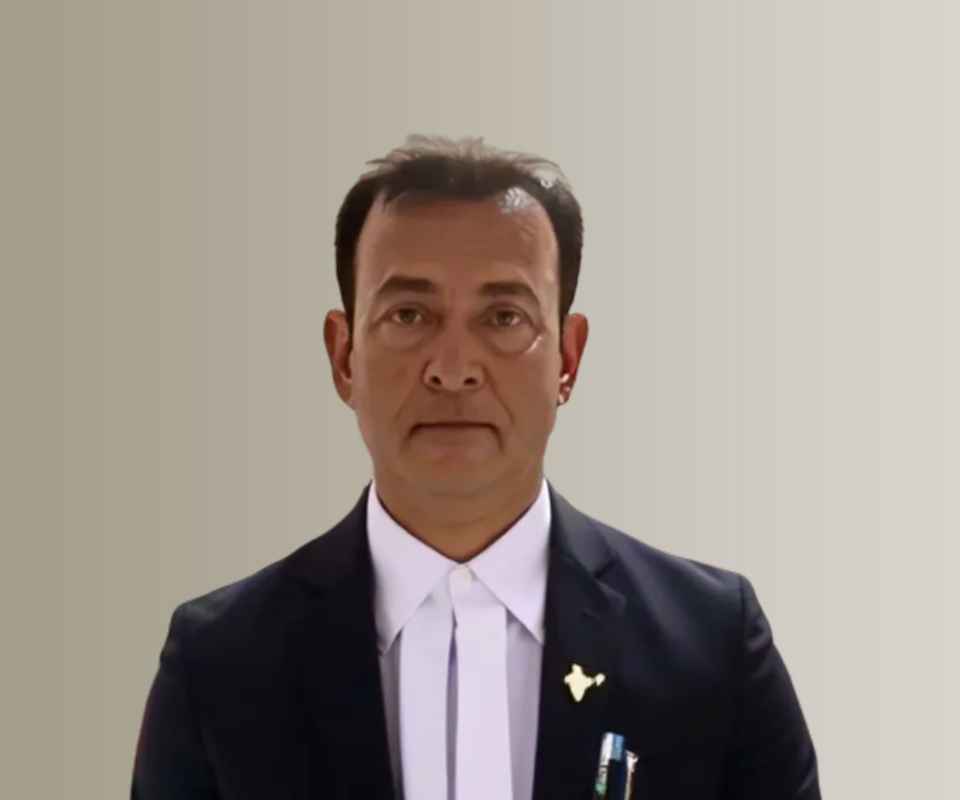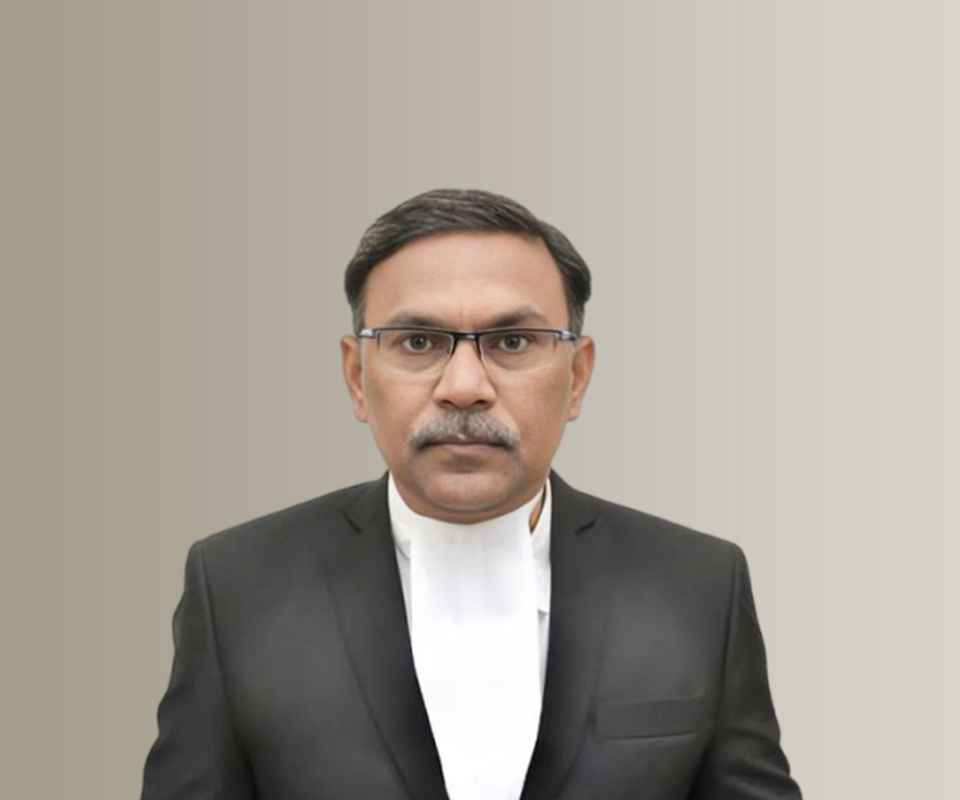Answer By law4u team
Bharatiya Nagarik Suraksha Sanhita, 2023 - Section 290: Application for plea bargaining
(1) A person accused of an offence may file an application for plea bargaining within a period of thirty days from the date of framing of charge in the Court in which such offence is pending for trial.
(2) The application under sub-section (1) shall contain a brief description of the case relating to which the application is filed including the offence to which the case relates and shall be accompanied by an affidavit sworn by the accused stating therein that he has voluntarily preferred, after understanding the nature and extent of punishment provided under the law for the offence, the plea bargaining in his case and that he has not previously been convicted by a Court in a similar case.
(3) After receiving the application under sub-section (1), the Court shall issue notice to the Public Prosecutor or the complainant of the case and to the accused to appear on the date fixed for the case.
(4) When the Public Prosecutor or the complainant of the case and the accused appear on the date fixed under sub-section (3), the Court shall examine the accused in camera, where the other party in the case shall not be present, to satisfy itself that the accused has filed the application voluntarily and where—
(a) the Court is satisfied that the application has been filed by the accused voluntarily, it shall provide time, not exceeding sixty days, to the Public Prosecutor or the complainant of the case and the accused to work out a mutually satisfactory disposition of the case which may include giving to the victim by the accused the compensation and other expenses during the case and thereafter fix the date for further hearing of the case;
(b) the Court finds that the application has been filed involuntarily by the accused or he has previously been convicted by a Court in a case in which he had been charged with the same offence, it shall proceed further in accordance with the provisions of this Sanhita from the stage such application has been filed under sub-section (1).
Brefe Detail
Section 290 of the Bharatiya Nagarik Suraksha Sanhita, 2023, deals with plea bargaining in cases where a person is accused of an offence.
- Time Frame: The accused may file for plea bargaining within 30 days of the framing of charges.
- Application Requirements: The accused must submit a brief description of the case, along with an affidavit affirming that they voluntarily seek plea bargaining.
- Court Procedure: Upon receiving the application, the Court will issue notices to the Public Prosecutor or complainant and the accused, and the accused will be examined in camera.
- Court’s Decision: If the Court finds the plea bargaining application to be voluntary, it will provide time (up to 60 days) to work out a mutual agreement, which may include compensation to the victim. If found involuntary, or if the accused has a prior conviction, the case will proceed under regular procedures.
Question & Answers
Q1: What is the time frame within which the accused can apply for plea bargaining?
A1: The accused can file an application for plea bargaining within 30 days from the date of framing of charge in the Court.
Q2: What is required in the plea bargaining application?
A2: The application must contain a brief description of the case, including the offence, and an affidavit affirming that the accused has voluntarily chosen plea bargaining.
Q3: What does the Court do after receiving the plea bargaining application?
A3: The Court issues notices to the Public Prosecutor or complainant and the accused, and examines the accused in camera to ensure the application is voluntary.
Q4: What happens if the Court finds that the accused has filed the application voluntarily?
A4: If the application is voluntary, the Court provides up to 60 days for both parties to negotiate a mutually satisfactory disposition, which could include victim compensation.
Q5: What happens if the accused has filed the application involuntarily?
A5: If the application is found to be involuntary or if the accused has been convicted previously for a similar offence, the case will proceed as per regular procedures.
Example
Example 1:
Case: An individual has been accused of theft. Application for plea bargaining: The accused files an application within 30 days after the framing of charges, stating that he voluntarily prefers plea bargaining. Court procedure: The Court examines the accused and is satisfied that the application is voluntary. The Court provides 60 days to reach a mutually agreeable disposition, which includes the accused compensating the victim.
Example 2:
Case: An individual is accused of assault. Application for plea bargaining: The accused applies for plea bargaining after understanding the punishment. Court procedure: Upon examination, the Court finds that the accused has a prior conviction for the same offence. The Court decides to proceed with regular trial procedures instead of accepting the plea bargaining application.
Summary
Section 290 provides a framework for plea bargaining in cases where the accused is seeking to resolve their matter before trial. It involves a specific application process, where the accused must file within 30 days of the charge being framed and demonstrate that the decision to plea bargain is voluntary. The Court plays a crucial role in ensuring that the application is filed voluntarily and, if accepted, facilitates a mutually satisfactory resolution, often including victim compensation. If the application is involuntary or the accused has a prior conviction, the case proceeds under regular legal procedures.







